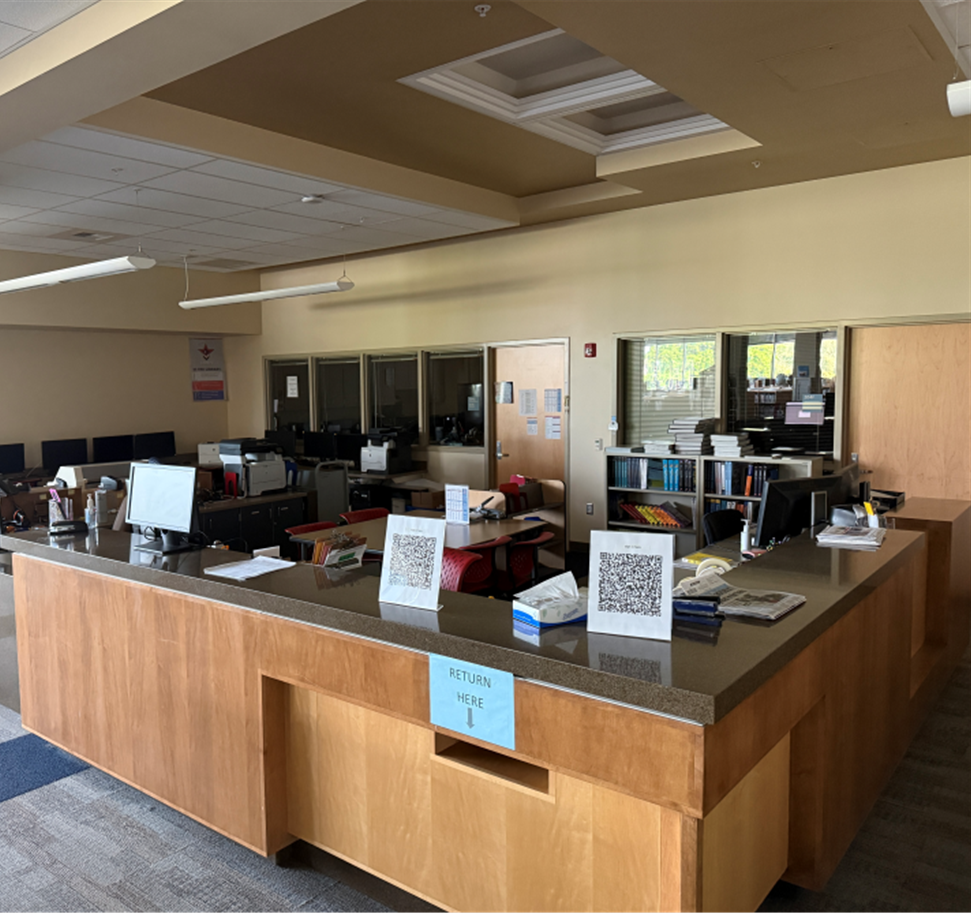Why Every School Needs a Librarian?
In many schools, the role of the librarian has been quietly eliminated, a victim of budget cuts or administrative decisions that prioritize other areas. This absence, though subtle, has profound consequences for students' education.
The school library is not just a book repository. It is a space for meeting knowledge, imagination, and critical thinking. In the past, it was also an academic refuge: there students studied, received tutoring during lunch and after school, found personalized support, and an environment conducive to learning.
It was a place where the habit of studying was cultivated, doubts were resolved, and intellectual autonomy was strengthened. Librarians do much more than lend texts: they teach how to search for reliable information, distinguish sources, and develop their own judgment.
Without them, students are left alone facing a sea of data, without a compass or map to navigate it. Furthermore, librarians promote equity. Not all students have books at home or know how to safely research online. They ensure that everyone can learn, regardless of their background. Their role is pedagogical, social, and emotional. To ignore their importance is to ignore students' right to a complete education.
In a world saturated with information, school librarians teach essential 21st-century skills: digital literacy, critical thinking, and ethics in the use of content. Their work not only improves academic performance but also develops citizens capable of questioning, dialoguing, and constructing.
The library is also a bridge to the community. Librarians organize reading clubs, book fairs, and workshops for families. They are cultural agents who enrich school life and strengthen the ties between the school and its surroundings. Relegating the librarian is like turning off a light on the path of learning. Reintegrating them is not a luxury; it is an urgent necessity. Because without them, the school loses its intellectual compass. Revaluing their presence is committed to quality, inclusive, and transformative education. It is recognizing that teaching reading, thinking, and questioning is as important as teaching addition or writing. Defending the school librarian is defending the very heart of the school.
